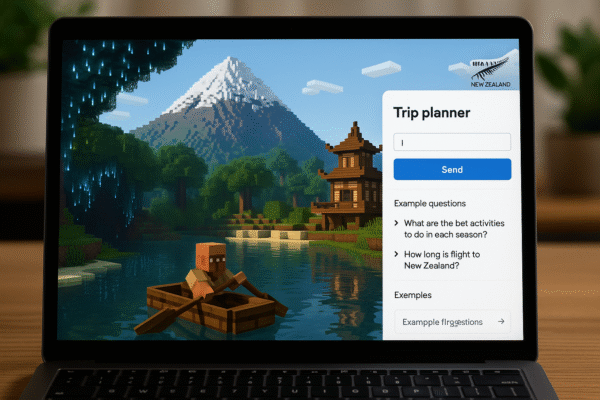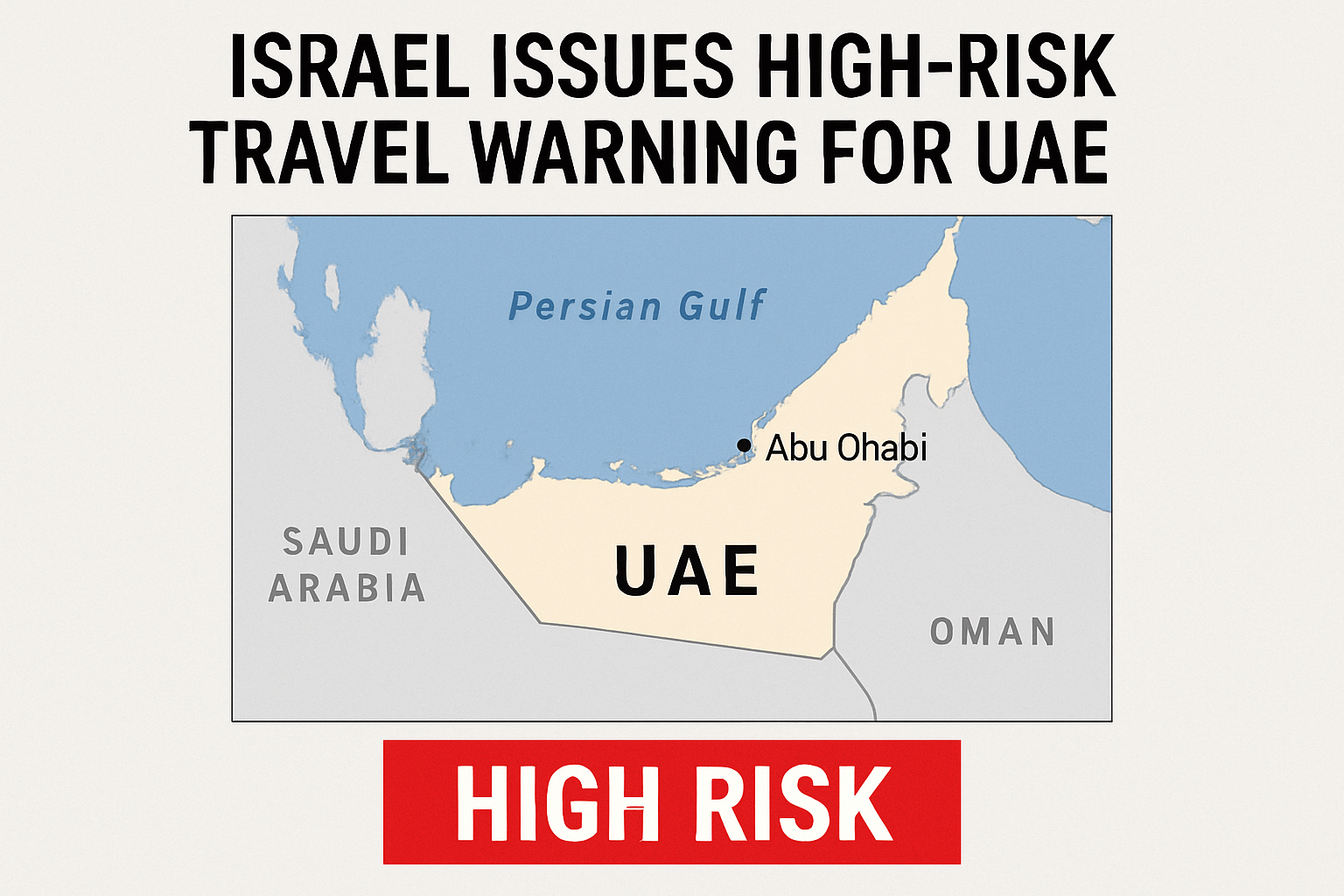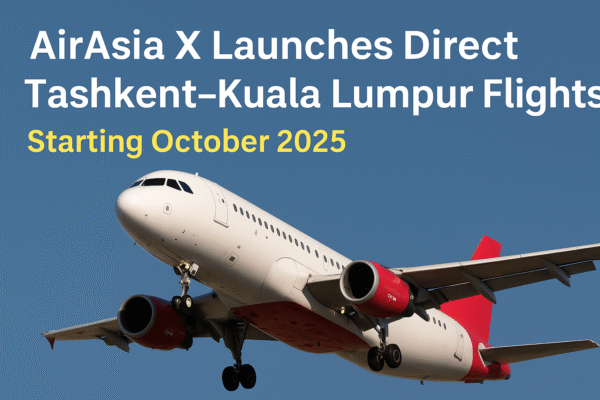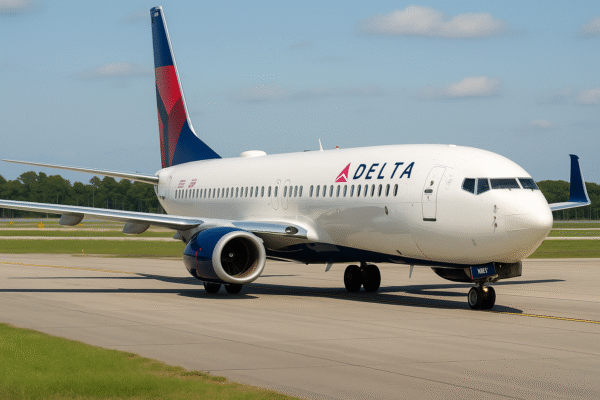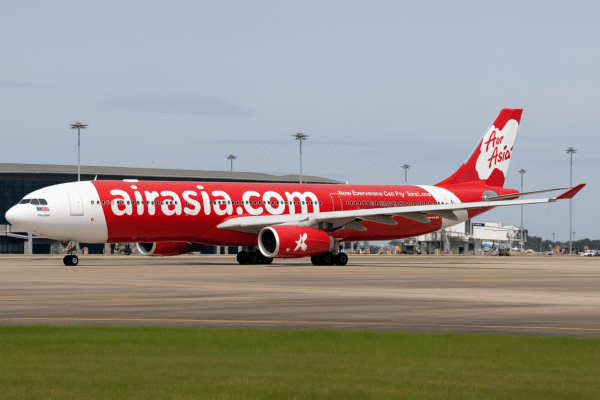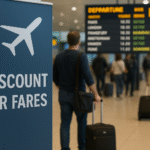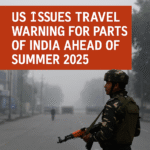LAGOS, NIGERIA – June 18, 2025 – Africa stands on the cusp of a transformational economic milestone: the potential creation of a single continental currency. This move, championed by economic leaders and policymakers across Africa, could simplify intra-African travel, boost trade, reduce dependency on foreign currencies, and establish financial autonomy for the continent.
For everyday travelers like 2AO, a Lagos-based tourist en route to Nairobi, the need for currency exchange highlights Africa’s fragmented financial system. His journey begins by converting Nigerian Naira to U.S. dollars, followed by another conversion to Kenyan Shillings upon arrival. The process repeats on the return, increasing expenses and logistical stress.
Such inefficiencies are not just a minor inconvenience—they reflect a broader systemic issue. Africa’s overreliance on foreign currencies like the U.S. dollar and Euro places unnecessary strain on its people and reinforces economic subjugation to external powers.
Tourism Potential Tied to Currency Simplification
Tourism is a critical driver of Africa’s economy, with millions of citizens traveling across the continent for business, leisure, and cultural exchange. Yet, the current multi-currency system hinders this potential. Complex exchange requirements, fluctuating rates, and reliance on Western financial intermediaries make cross-border travel expensive and inaccessible for many Africans.
A single African currency would revolutionize regional tourism, enabling citizens to explore neighboring countries without incurring extra fees or undergoing cumbersome currency conversions. Hotels, airlines, and tour operators would benefit from streamlined transactions and predictable pricing, helping to stimulate domestic travel industries.
Moreover, a unified monetary system could support regional visa-free policies, such as the African Union’s proposed African Passport, further encouraging mobility and tourism within the continent.
Trade and SMEs: Breaking Down Barriers
Africa’s small and medium enterprises (SMEs)—which account for nearly 80% of employment in many nations—face enormous obstacles when trading across borders. Currently, they must navigate volatile exchange rates, deal with costly international banking fees, and endure lengthy transaction timelines often facilitated by non-African institutions.
A unified currency would eliminate third-party conversions, allowing SMEs to trade in a single monetary standard across all member states. This would drastically reduce operational costs, improve cash flow, and enable businesses to scale faster.
Furthermore, it would improve the efficiency of the African Continental Free Trade Area (AfCFTA), the world’s largest free trade area by number of participating countries. Although AfCFTA has made considerable strides in removing tariffs and simplifying trade procedures, the lack of a common currency remains a key barrier to its full implementation.
Policy Advocates Push for Financial Unity
One of the leading voices for regional integration is Dr. Jumoke Oduwole, Nigeria’s Minister of Industry, Trade, and Investment. Alongside her counterparts across the African Union, she continues to advocate for the economic and logistical reforms needed to establish a single African monetary system.
Dr. Oduwole asserts that unless currency obstacles are resolved, African businesses will continue to suffer from unpredictable pricing models, high conversion costs, and loss of value due to rate volatility.
Additionally, she points to the Pan-African Payment and Settlement System (PAPSS) as a key enabler. Launched by Afreximbank and supported by the African Union, PAPSS was designed to enable real-time cross-border payments in local currencies. However, its efficiency is still curtailed by the lack of a common legal tender.
“A single currency would not only de-risk African trade,” said Dr. Oduwole, “but also build the continent’s economic resilience and empower our entrepreneurs to grow globally competitive businesses.”
Historical and Geopolitical Barriers
While the benefits are clear, the path to a unified currency is littered with historical and political hurdles. The legacy of colonial divide-and-conquer policies, institutionalized during the Berlin Conference of 1884, created borders and financial divisions that still fragment Africa today.
Western financial institutions continue to benefit from Africa’s disunity, charging high fees for currency conversions and controlling the flow of capital. Critics argue that external pressure—including political incentives and economic threats—has stalled African attempts at financial integration.
In response, the Africa Woke Citizens Platform (AWCP) recently submitted a formal appeal to the African Union Commission (AUC), urging policymakers to prioritize a unified currency agenda as part of the Citizens’ Expectations Agenda.
The platform’s statement calls on African governments to resist foreign manipulation and build systems that prioritize the interests of Africans, not external benefactors.
The Path to Financial Independence
For meaningful change to occur, Africa’s economic heavyweights—Nigeria, South Africa, Egypt, Kenya, and Ethiopia—must spearhead the shift. Their leadership is crucial in setting up institutions, facilitating regional integration, and investing in financial technologies that support this vision.
Strategic cooperation in sectors like banking, digital payments, and investment regulation is essential. Moreover, public education campaigns must accompany this shift to ensure mass adoption and public trust.
Without a bold and coordinated response, Africa risks remaining fragmented—economically dependent and unable to leverage its full potential as a global powerhouse.
Toward a Prosperous and Unified Africa
The establishment of a single African currency is no longer a mere ideal—it is a practical necessity for a continent striving for financial sovereignty, industrial growth, and people-centric development.
More than a currency, it represents a united future. It symbolizes a rejection of economic models that benefit outsiders more than Africans themselves. It is a step toward becoming a self-sufficient continent that sets its own terms in global trade, diplomacy, and investment.
Africa has the resources, the talent, and the vision. What it needs now is the unity and political will to take this defining step forward.
The future of African tourism, trade, and economic liberation depends on it.
For more travel news like this, keep reading Global Travel Wire

